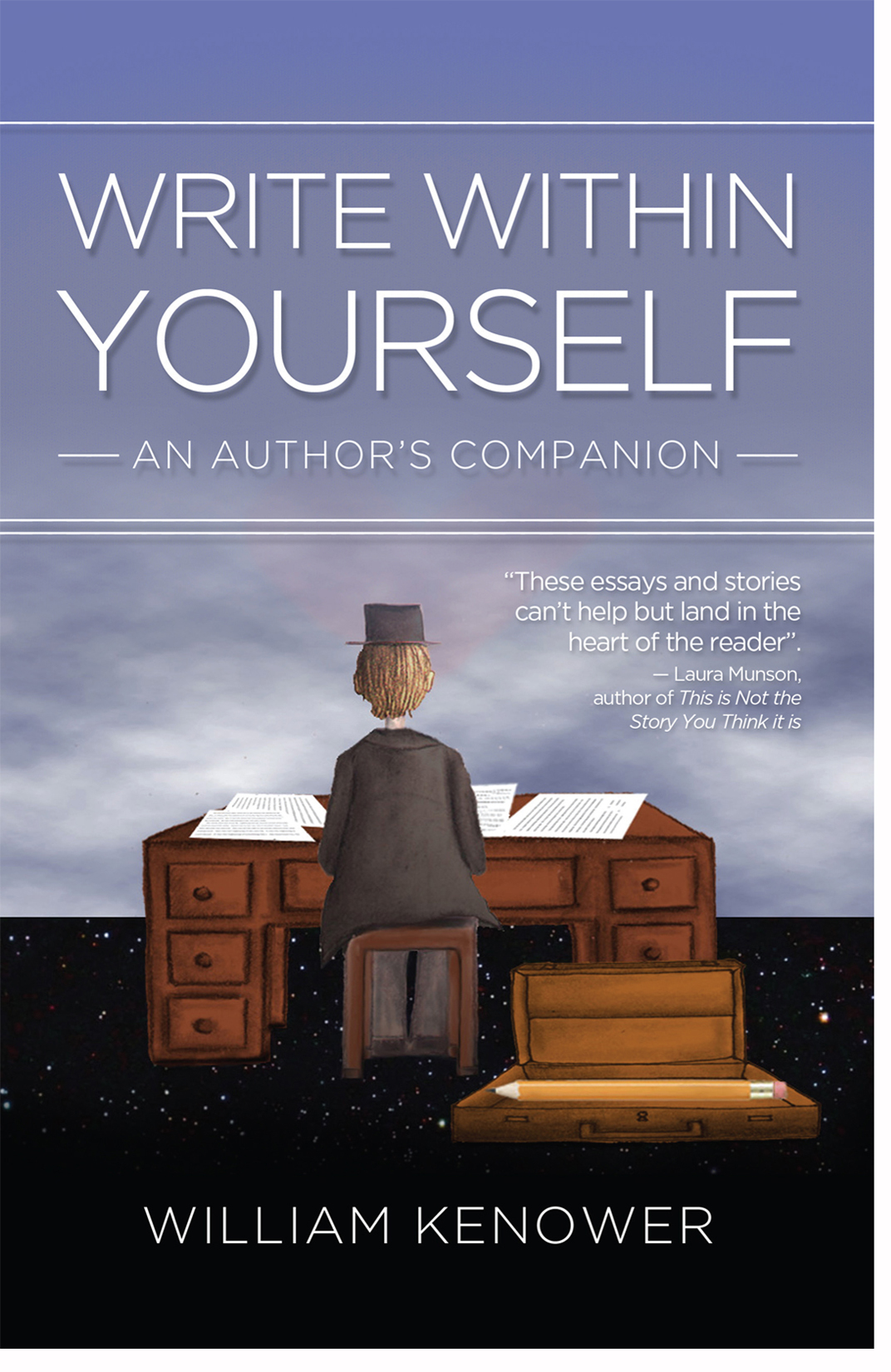True Equality
I was talking the other evening to a young woman about the concept of talent. She had heard me say that I didn’t really believe in it, that talent was just another word for love. This woman had just begun playing an organized sport for the first time in her life. It seemed quite clear to her that some people were conspicuously more talented than others. She loved to play this sport, and yet no matter how hard she worked she could not play it as well as certain women on her team. Such is the trap we can fall into when we pit ourselves against one another on the field – a field we ourselves invented, a field that would have been nothing but a featureless expanse until we drew lines on it and said you must get here before everyone else. There is no doubt that if you tell a crowd of people to run, someone will run the fastest, and so we will call that person more talented than the others, and maybe – just maybe – infer that such talent raises that person’s value above the others.
But now imagine these people running were simply characters in a story you were writing. In the world of fiction, a loss is as valuable as a win, narratively speaking. Does the character need to learn humility? Perhaps a loss is just the thing, or maybe a close second. The outcome means nothing; the story means everything.
Why do we think life is any different? Do we really think true equality means lining up everyone, young and old, at some arbitrary starting line and then having everyone reach some arbitrary finish line at precisely the same time? Life cares nothing for your wins and losses; it cares only for you. Every storyteller eventually savors the story of his defeat when the time comes, relishes in the meaninglessness of what he once called loss, for here he is still standing, having found more in defeat than he might have gained in victory.
Write Within Yourself: An Author's Companion.
"A book to keep nearby whenever your writer's spirit needs feeding." Deb Caletti.
You can find Bill at: williamkenower.com


